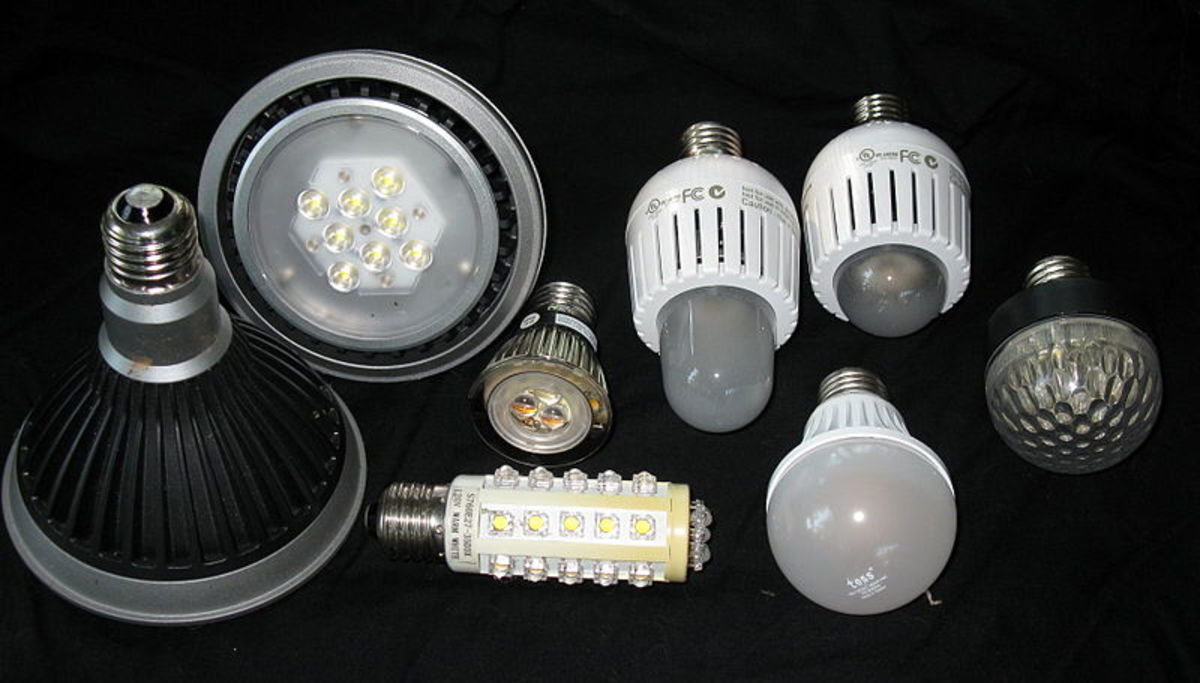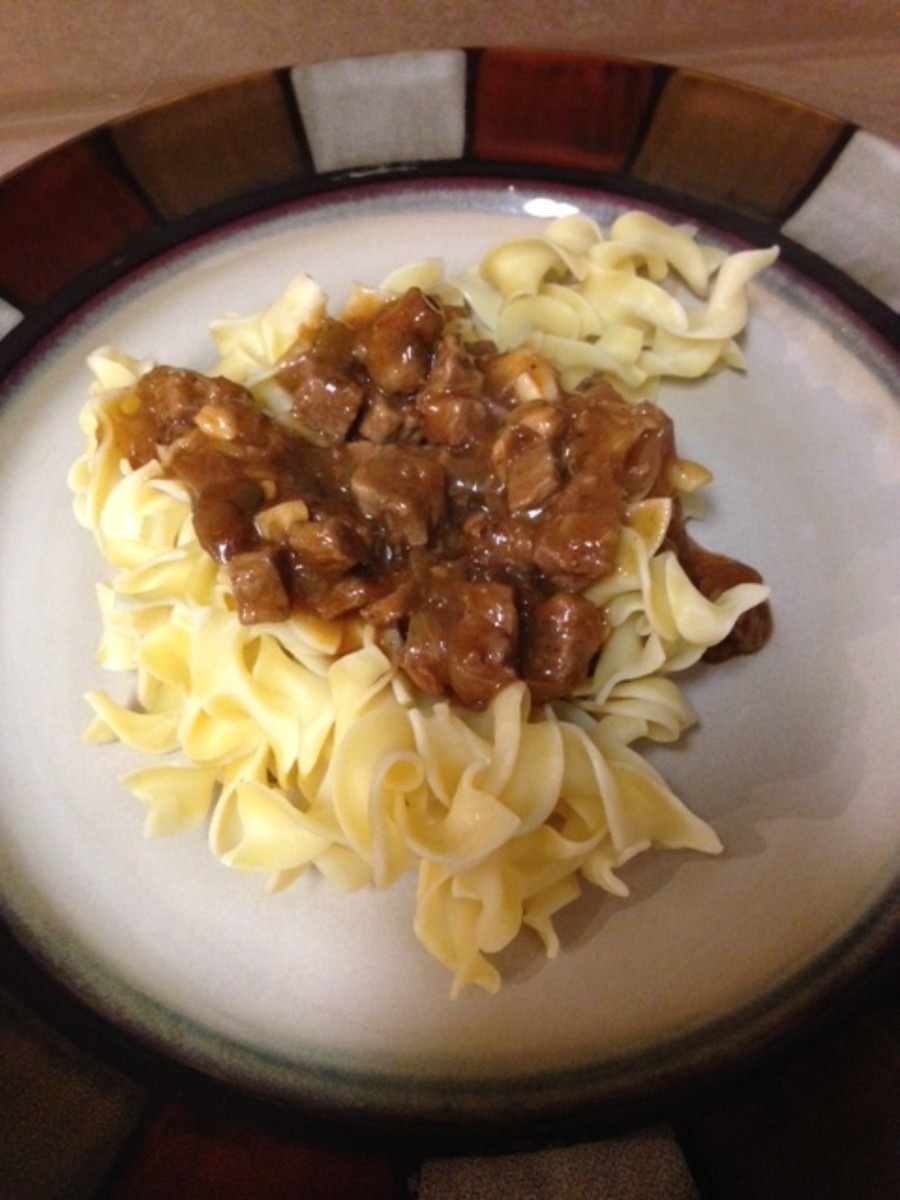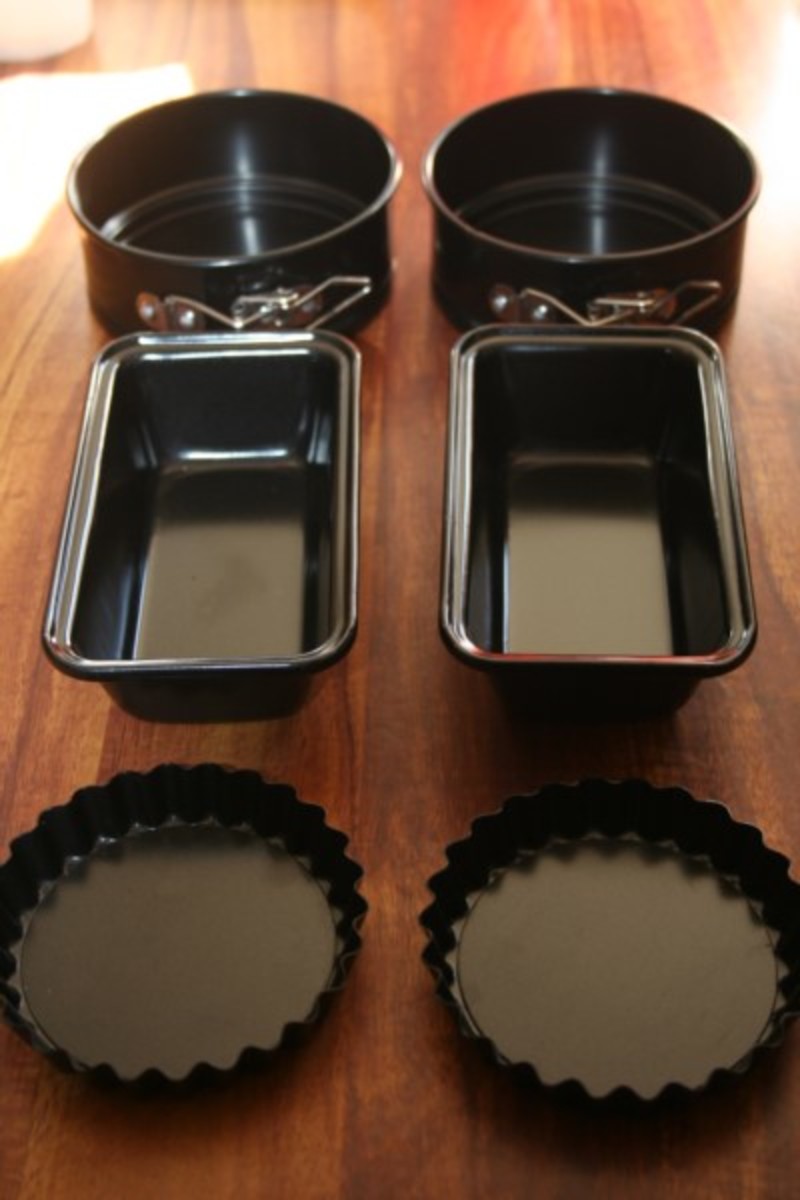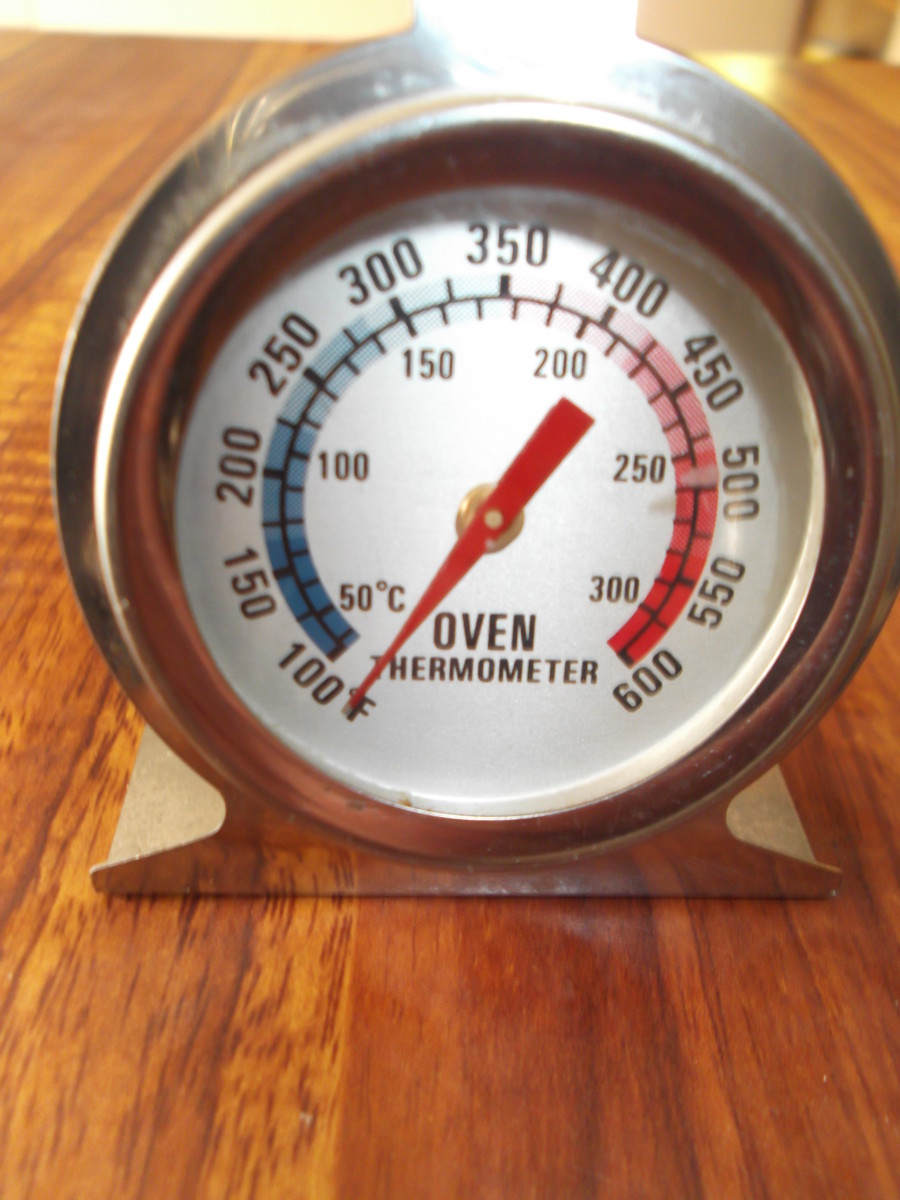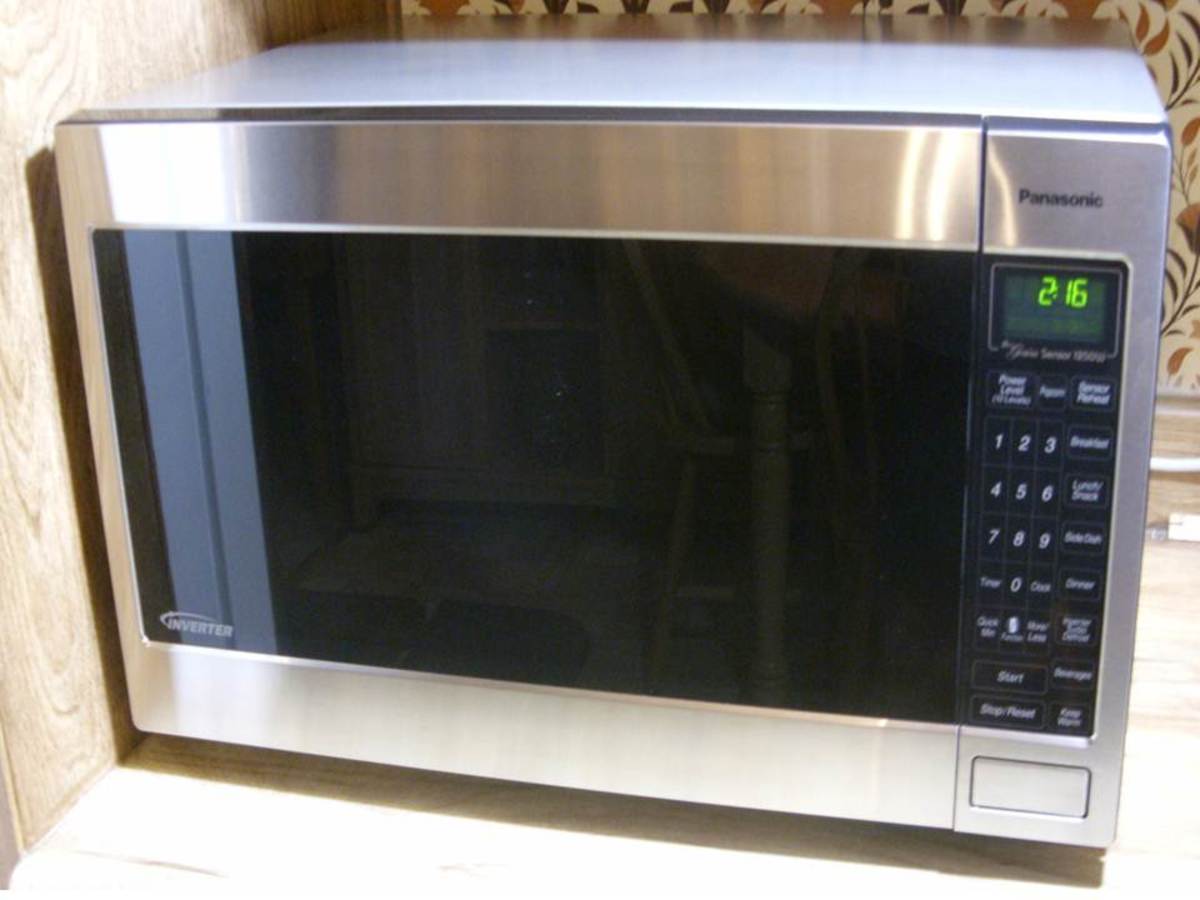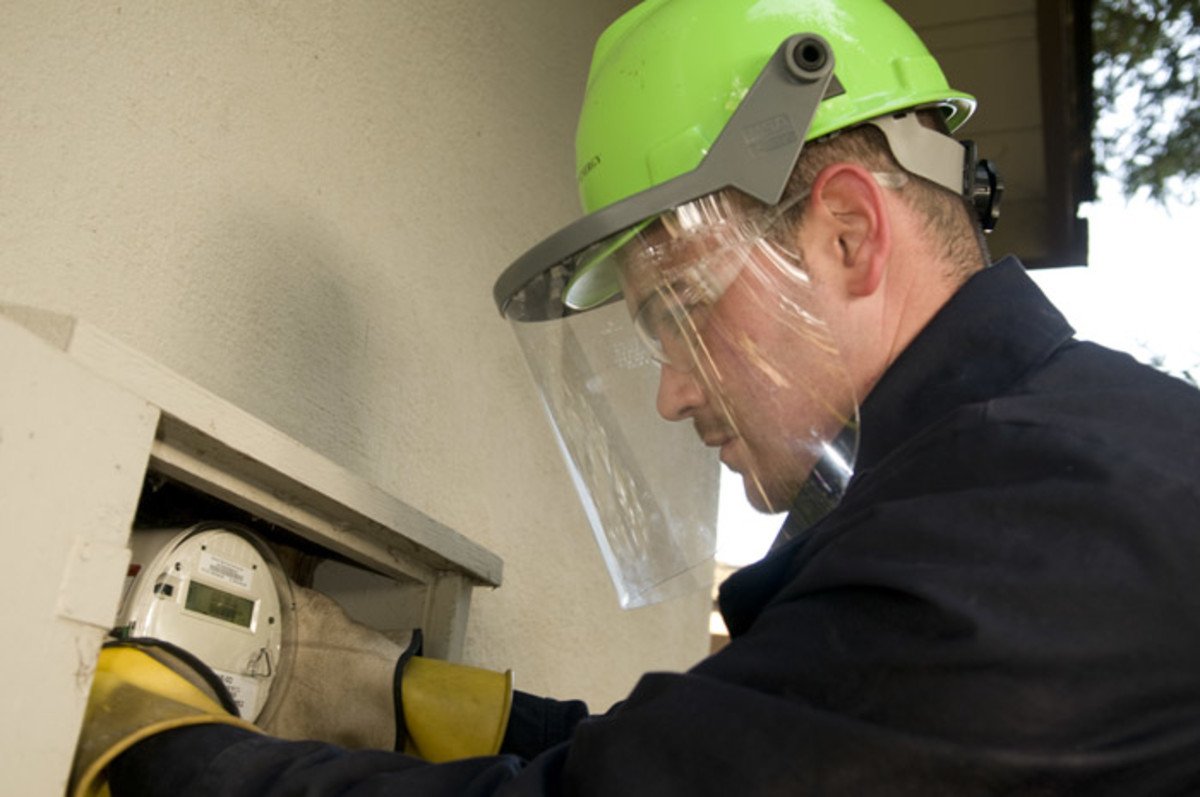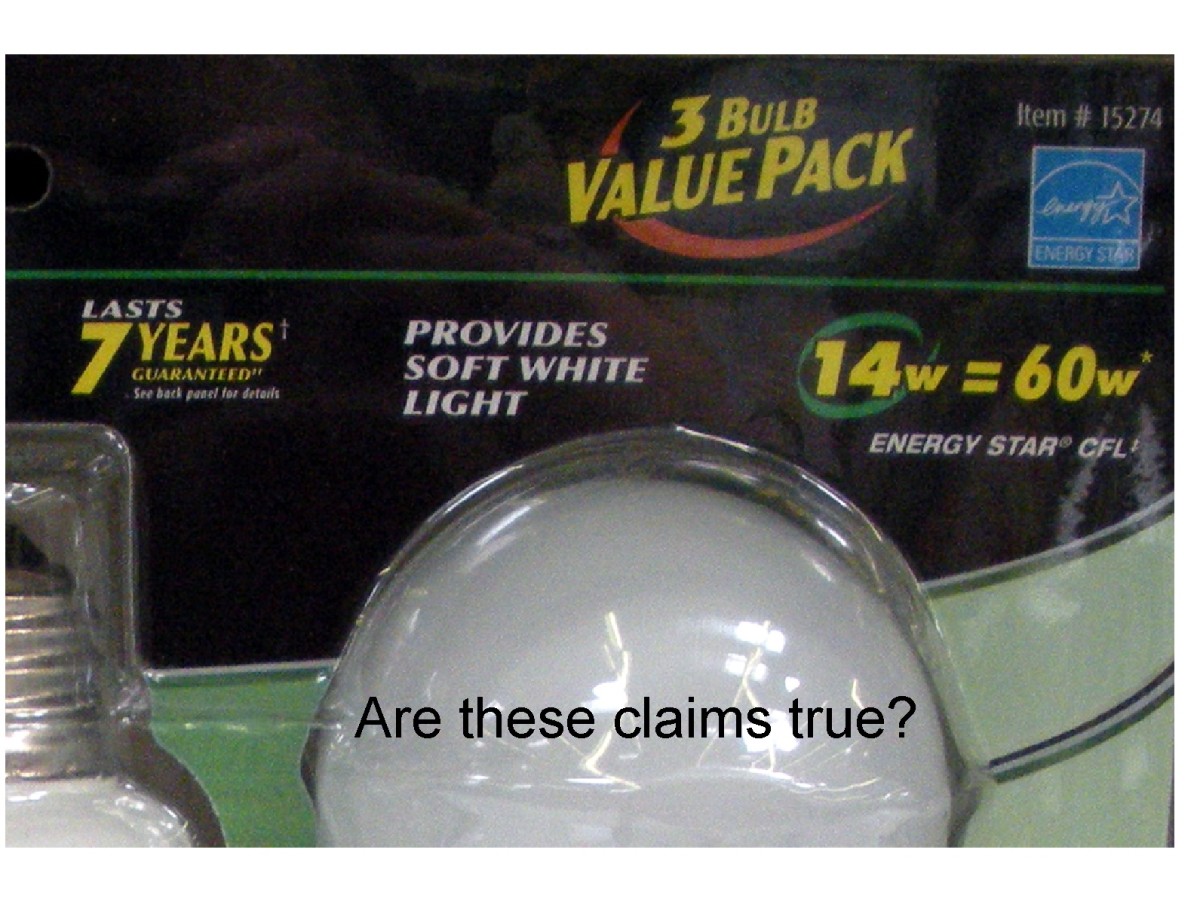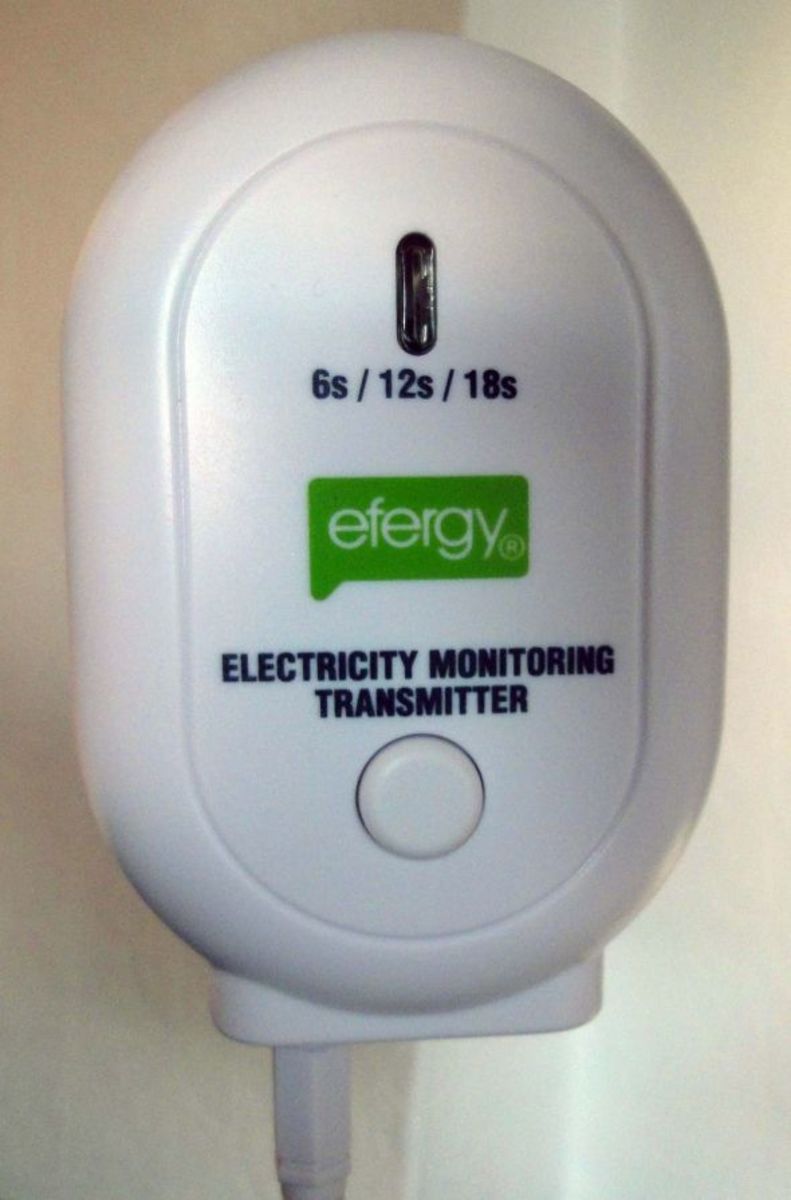15 Fast Ways to Reduce Utility Costs and Conserve Energy
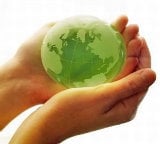
Introduction
Most of us are creatures of habit, especially when it comes to routine actions. When was the last time you hit on a great idea and said to yourself, “Now why didn’t I think of that?” This may be your immediate reaction to some of the tips listed below. If so - feel free to share these ideas with others.
We should all be doing our best to save and conserve energy. Both ecologically and economically energy conservation is a major issue these days.
Follow these 15 simple tips and save on your energy bills while helping the environment.
Save money by using small electric appliances
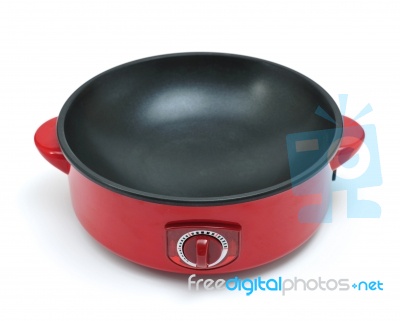
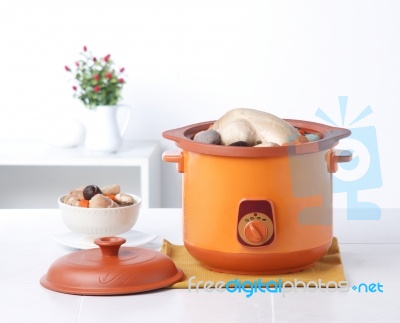
Use Less Energy in the Kitchen With These Tips
1. Fit the pot or pan to the burner. A small pot or pan on a large element wastes heat, and a large pot on a small element is inefficient.
2. Whenever practical, use small cooking appliances such as an electric frying pan, instead of your stove. These small units are energy-efficient and throw less heat into your kitchen.
3. To conserve energy when using the stovetop units on an electric range, turn off burners a short time before cooking is complete. With electric burners, the cooking process often continues for as long as 5 minutes after the burner is turned off.
4. You’ll use less energy when cooking if you cook with as little water as possible because small amounts heat more quickly.
Tips for saving energy while cooking
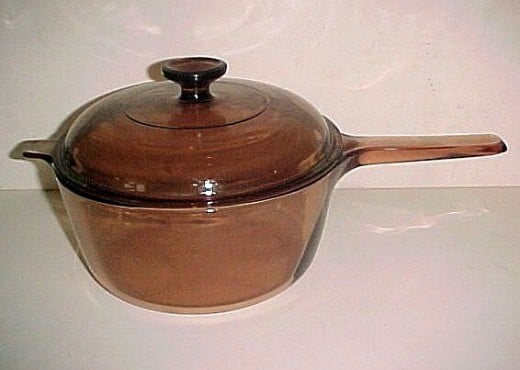
Put a Lid On It
5. Here's a good energy-saving tip. When boiling water put a lid on the pan. Water boils faster this way and saves energy.
6. Want to save on heat cost? Don’t turn on an element or burner until the pot or pan is on the stove. If you’re going to simmer turn down the heat as soon as the liquid reaches the boiling stage. Adjust the setting just enough to keep the contents boiling. A higher setting wastes energy.
7. Keep the bottom of the pans clean because a layer of soot will decrease heating efficiency on any type of stove. Shiny pans are particularly efficient on an electric range.
Energy-SavingTips When Using The Oven
8. To save energy when using the oven, don’t preheat it unless required. If you must preheat, put the food in as soon as the oven reaches the desired temperature. Cook as many items as possible at one time. Also, if you have a double oven, use the smaller one whenever possible.
9. Each time you open the oven door a great deal of heat escapes, so conserve energy by minimizing the number of times you peek at the food inside. Especially in the summer months, this applies as it puts an added strain on your air conditioner. Use the oven light to check the food as much as possible.
10. A self-cleaning oven will use less energy if you start the cleaning cycler right after cooking, when the oven will already be on its way to the high temperature needed for cleaning.
11. Keep oven racks clear. Don’t lay foil on the racks and stagger multiple pans to improve air flow. Avoid peeking into the oven as you cook. On an electric burner or in the oven turn off the heat just before the cooking is finished to prevent overcooking.
Clean Your Oven With Soda
How to Conserve Refrigerator Energy
12. To conserve refrigerator and/or freezer energy by minimizing loss of cold air, plan ahead and put in or take out as many items as possible each time you open the refrigerator.
13. Make sure your refrigerator is standing level. If it is’nt, it may be working harder than necessary, therefore using more energy.
14. To test the gasket on your refrigerator, close the door on a dollar bill. If the bill pulls out easily, the gasket needs replacing.
15. A good way to keep your freezer from expending too much energy is to put it at the lowest setting that keeps ice cream firm. If your ice cream is rock-hard, the setting is unnecessarily high.
What Else Can I do to Save Energy in my Home?
As we learn to use less energy in our home we can take pride in knowing that we are taking action to help maintain a cleaner environment. Every little bit helps. We need a clean environment for healthy living. Check out these additional ways you can do your part:
- Turn off any unnecessary lights when leaving a room, even if only for a short period of time.
- Speaking of lights - replace your incandescent lights with compact fluorescent bulbs which use about 1/4 the energy or use LED bulbs as these us 75% less energy.
- Install low-flush toilets and low-volume faucets. You'll save plenty on your water bill.
- Clean the dust out of all vents periodically including those on your television.
- Turn off the water faucet while brushing your teeth, shaving, etc.
- Close fireplace damper during the summer. This will keep the cold air from escaping.
- Turn off portable heaters when you leave a room.
Choose the Right Power Strip
All power strips are not the same. I didn't realize this. In the past I simply looked for the best price or the number of outlets. I know better now and I'm reducing my electric bill and using a power strip that turns off my electronics automatically.
I replaced my conventional power strip with an advanced power strip (APS). According to energy.gov the APS is designed primarily for home entertainment centers and home office areas. This is where there are typically many consumer electronics plugged into a power strip. They work by preventing electronics from drawing power when they are off or not being used.
With my traditional power strip my devices were drawing energy even when they were not being used. This was costing me money and wasting electricity. At that particular time of my life I was completely in the dark as far as power strips are concerned. Yet I prided myself on saving energy, recycling, and doing my part to keep our planet clean.
A variety of advanced power strips are available depending on your individual needs.
Layer Your Clothing for Warmth and Style

In Conclusion
Every small change we make to conserve energy will ultimately make a big difference. Begin with small changes like turning off the lights when you leave a room or putting a lid on a pot to boil water. Before long these small actions will become a habit.
Perhaps it's time for a lifestyle change. Do we really need to take a hot bath or a long hot shower wasting water and energy? Have you tried layering instead of turning up the heat? I find that two thin layers of clothing are warmer and lighter then one thick layer. I also keep my fleece-lined vest handy to warm me up in place of using the heater.
I do hope you'll try these 15 tips for saving energy. Do you have some handy tips to share? Please add your ideas to the comment section below and thanks!
“You cannot get through a single day without having an impact on the world around you. What you do makes a difference, and you have to decide what kind of difference you want to make.” —Jane Goodall
Sources
Let me know which tips you'll go with
Which of these energy-saving tips will you be following?
© 2010 Audrey Hunt

